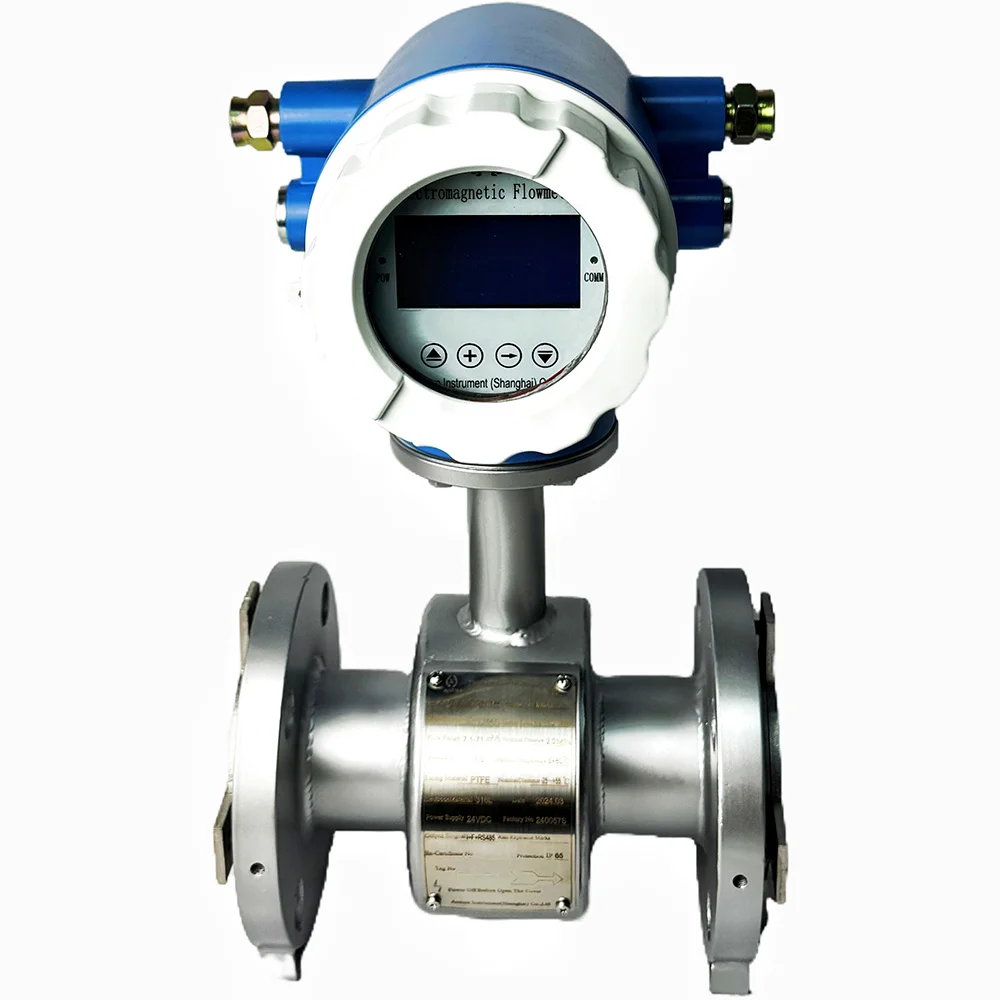The Great Debate: To Wash or Not to Wash Fruits Before Storing? A Comprehensive Guide
When it comes to maintaining the freshness and safety of fruits, one question often arises: should you wash fruit before storing it? This seemingly simple query has sparked considerable debate among health enthusiasts, food safety experts, and culinary aficionados alike. In this article, we will delve into the nuances of fruit washing, exploring its implications for storage, safety, and overall quality.
Understanding the Importance of Washing Fruits
Fruits are often exposed to a variety of contaminants during their journey from farm to table. These can include pesticides, dirt, bacteria, and even wax coatings designed to enhance their appearance. Washing fruits can effectively remove these unwanted substances, making them safer for consumption. However, the timing of this washing—whether before or after storage—can significantly impact the fruit's longevity and quality.
The Case for Washing Before Storage
- Removal of Contaminants: Washing fruits before storing them can help eliminate surface contaminants. This is particularly important for fruits that are consumed raw, such as apples, berries, and grapes. By rinsing these fruits under running water, you can reduce the risk of ingesting harmful substances.
- Enhanced Flavor and Texture: Washing can also improve the sensory qualities of fruits. For instance, removing dirt and residues can enhance the natural flavors and textures, making them more enjoyable to eat.
- Immediate Consumption: If you plan to consume the fruits shortly after purchasing them, washing them beforehand can save time and ensure that they are ready to eat right away.
The Case Against Washing Before Storage
- Moisture and Spoilage: One of the primary concerns with washing fruits before storage is the introduction of moisture. Excess water can create an environment conducive to mold and bacterial growth, leading to quicker spoilage. Fruits like strawberries and raspberries are particularly susceptible to this issue.
- Shortened Shelf Life: Certain fruits, such as apples and pears, have a natural protective coating that helps them retain moisture and stay fresh. Washing these fruits can strip away this coating, potentially reducing their shelf life.
- Storage Conditions: If fruits are washed and then stored improperly (e.g., in a damp environment), they may spoil faster than if they were stored unwashed. Proper ventilation and humidity control are crucial for prolonging the life of washed fruits.
Best Practices for Washing Fruits
If you decide to wash fruits before storing them, consider the following best practices to maximize their freshness and safety:
- Use Cold Water: Rinse fruits under cold running water. Avoid using soap or bleach, as these can leave harmful residues.
- Dry Thoroughly: After washing, dry fruits with a clean cloth or paper towel to remove excess moisture. This step is crucial for preventing spoilage.
- Store Properly: Use breathable containers or perforated bags to store washed fruits. This allows for air circulation and helps maintain optimal humidity levels.
- Consider the Type of Fruit: Some fruits, like berries, should be washed just before consumption rather than before storage. Others, like apples and oranges, can be washed beforehand without significant risk of spoilage.
Conclusion: Finding the Right Balance
Ultimately, the decision to wash fruits before storing them depends on various factors, including the type of fruit, your intended consumption timeline, and your storage conditions. While washing can enhance safety and flavor, it is essential to consider the potential drawbacks, particularly regarding moisture and spoilage.






